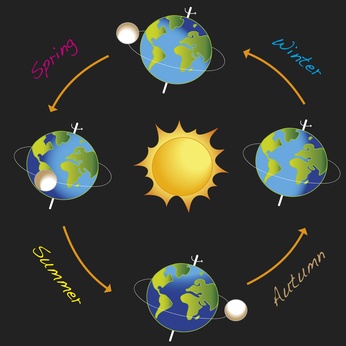I just responded to an email with a great question -- in fact, I'm surprised I've never gotten this question before. It's an opportunity to remind everyone how to listen to our guided meditations. Here's the Q&A -- Q: I like the app (Simply Being) but what the guide is saying there is somewhat confusing : on one hand it's "open awareness to whatever is happening right now" and on the other hand "easy, there is nothing to do". These are 180 degrees different states of mind, as far as I interpret it.
A: Great question! The words are meant to help you experience a relaxed, meditative state. It is impossible to do that through precise instructions, so the instructions can seem like mixed messages or a paradox if they are taken too literally. The phrases are really just gentle prompts to allow the mind to do what it can naturally do -- let go. "Open awareness to whatever is happening right now" is not so much an instruction as a description of a natural state. If there isn't openness -- if you notice resistance to what is happening or some attempt to change it, you can let that go. The phrase "easy, there is nothing to do" is to encourage that letting go. (Resistance to and manipulation of what is naturally happening involves effort, "doing".)
You can just listen easily to the meditation, not trying to make sense of all the words. That's why we say in the instructions, "just let the words wash over you".
For those of you who do not have our apps -- I am copying our How to Listen instructions below. These instructions apply to all of our meditations, whether they are on an app, a CD or in the podcast.
"Listen easily to the guided meditations, allowing the words to 'wash over you'. You don't need to understand, or even hear, all the words. The words and phrases aren't instructions that are meant to be followed precisely. They are just gentle prompts to the mind."


